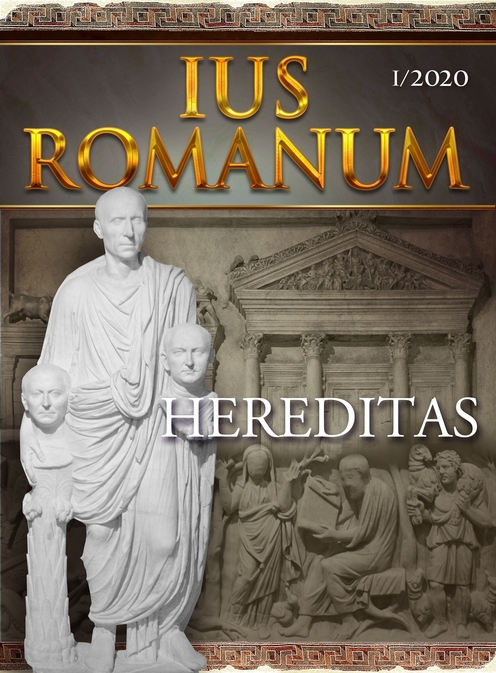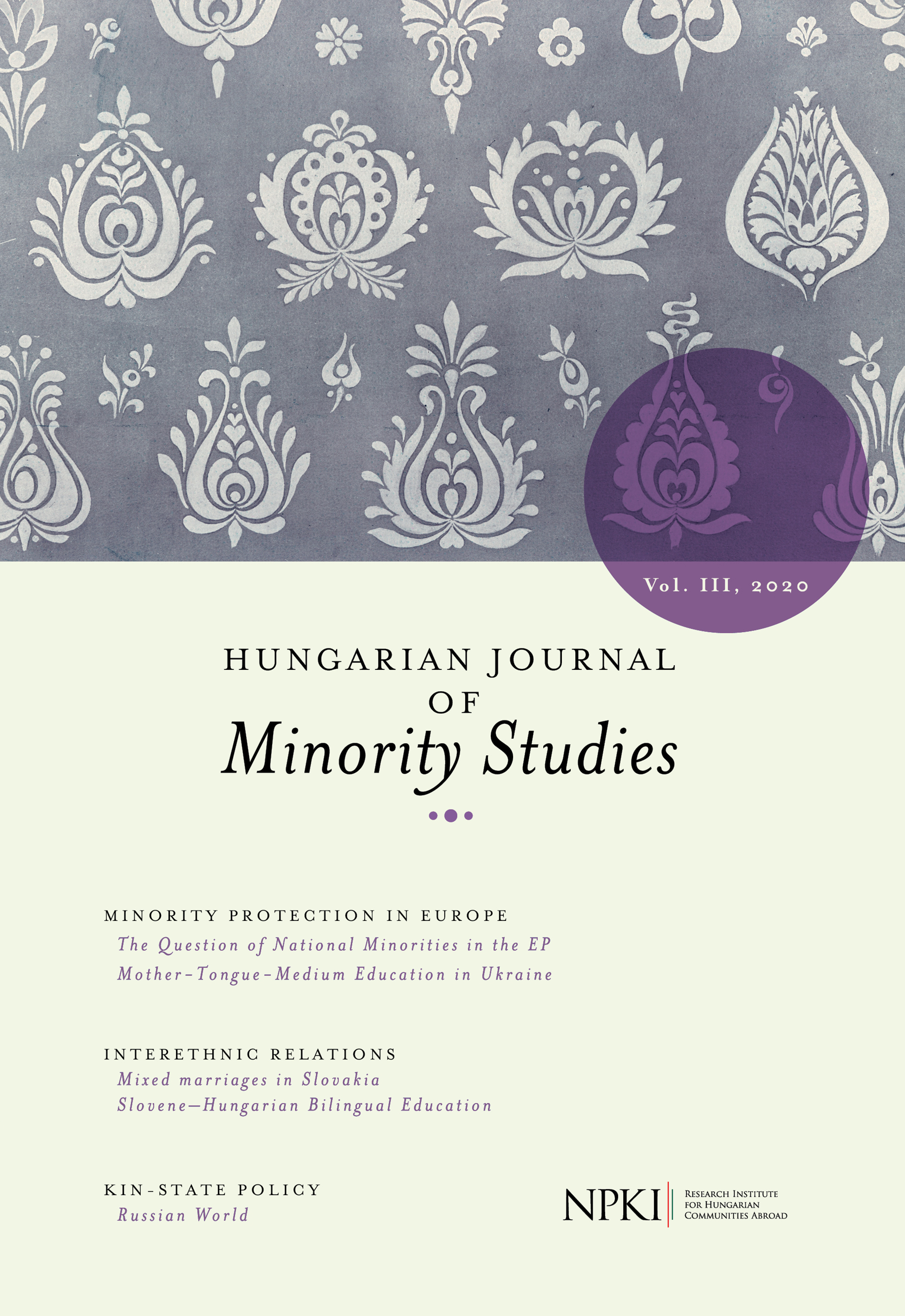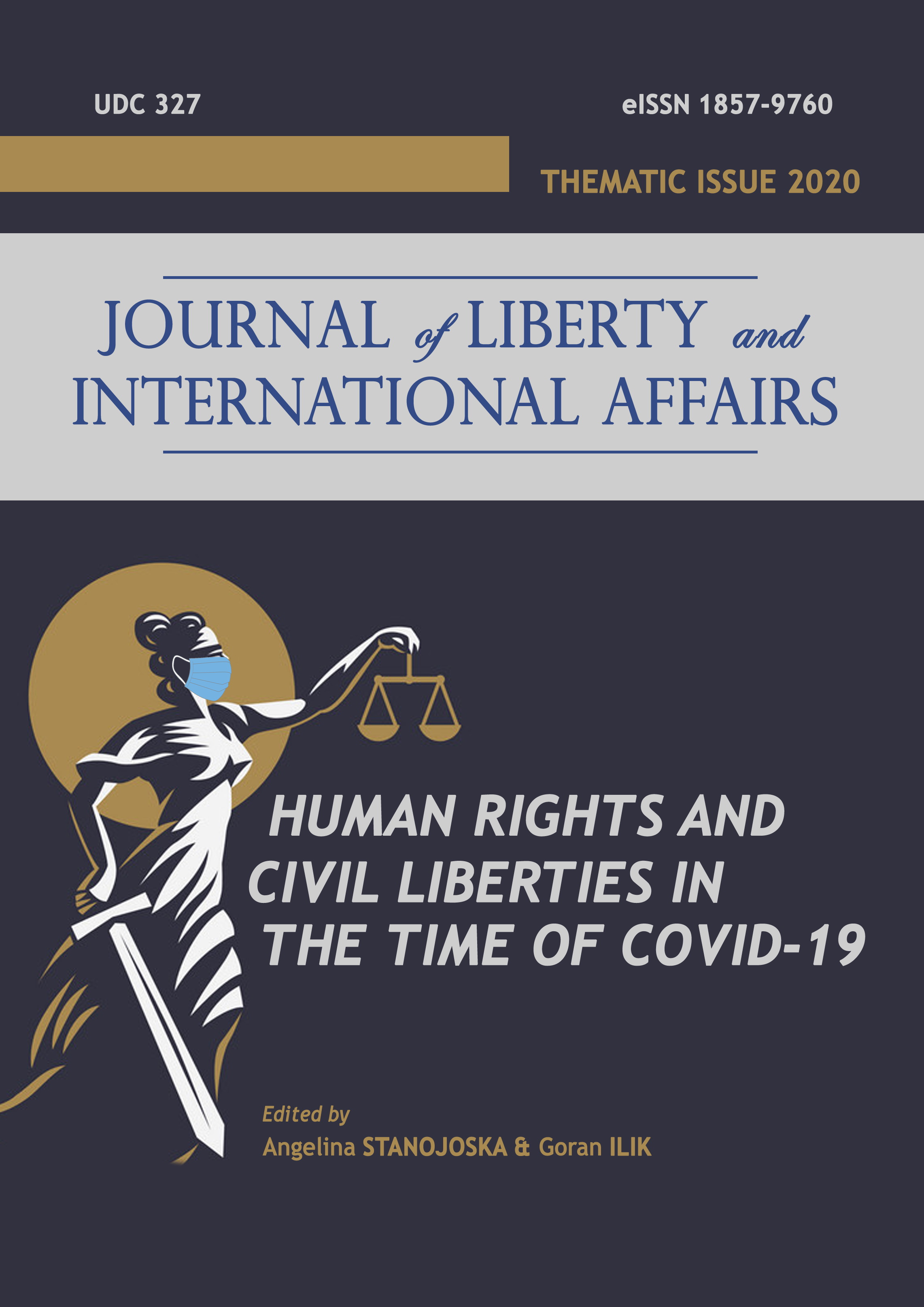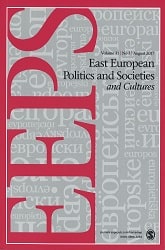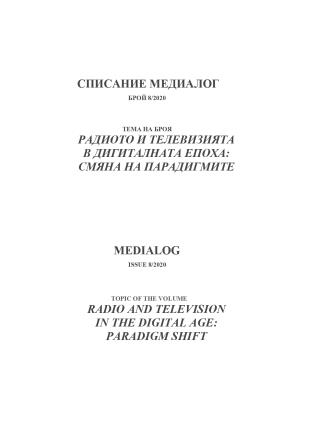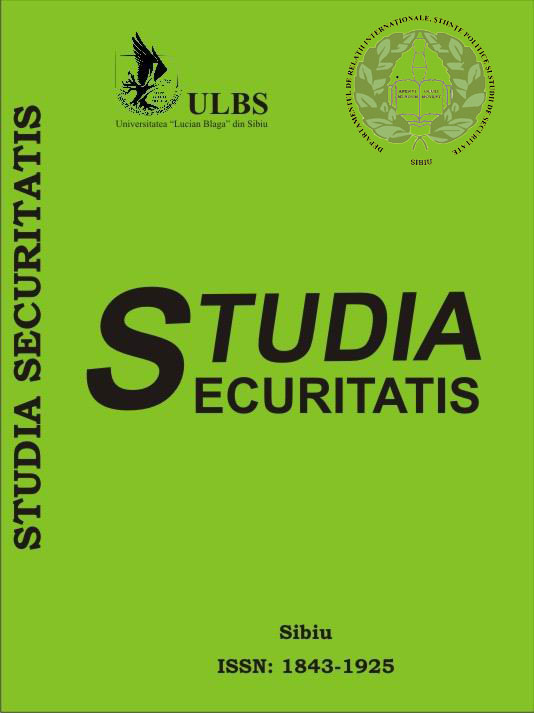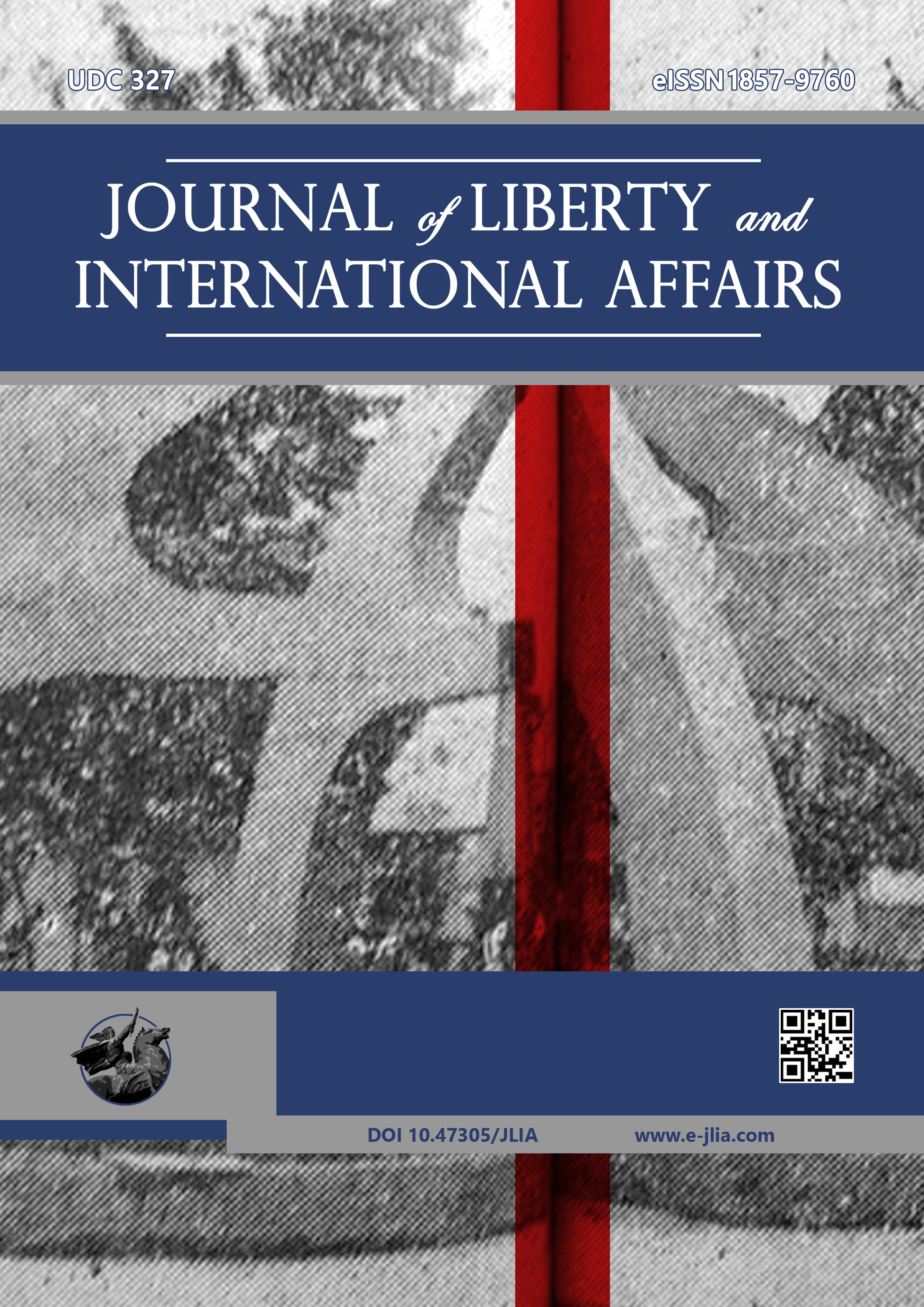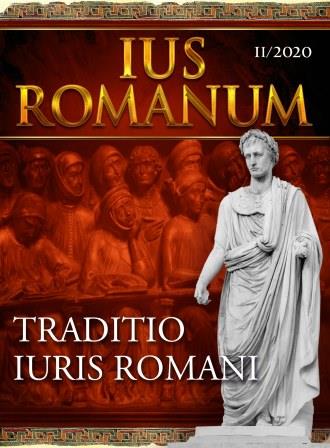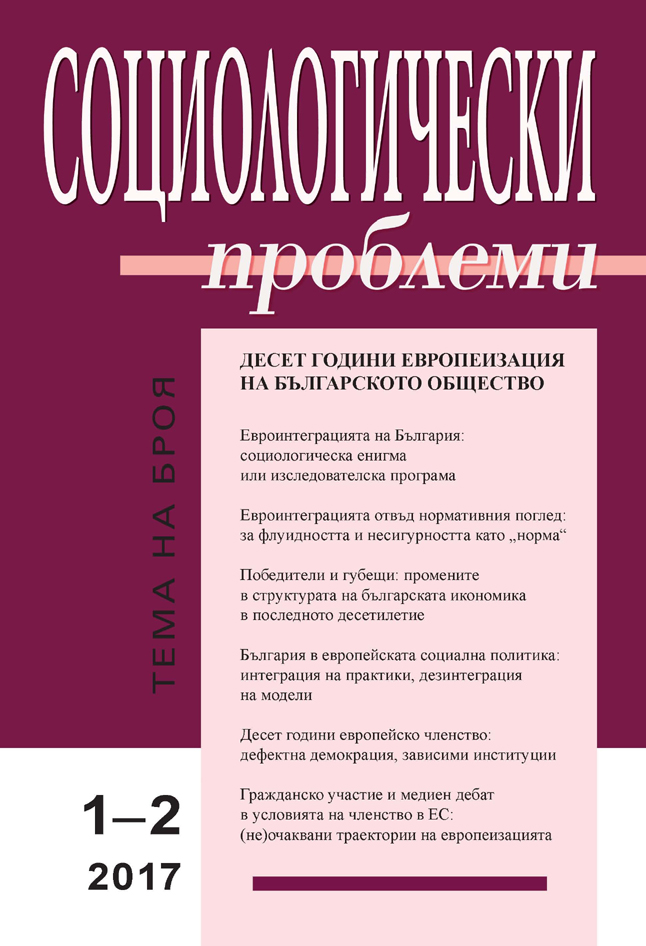
Десет години европейско членство: дефектна демокрация, зависими институции
This article is focused on the effects of EU membership of the country in ten years perspective. The study analyzes institutional and legislative reforms, related to the rule of law, independence of the judiciary, establishing independent regulatory and controlling bodies for fighting political corruption and conflict of interests. These issues are studied in a comparative regional perspective taking into account the tendencies and phases in developing democratic institutions (their consolidation, stagnation and erosion). Institutional reforms are analyzed in the light of common European standards for strengthening the rule of law and the independence of the judiciary as well as taking in the light of the Cooperation and Verification Mechanism. The conclusion builds on the idea that legislative reforms are necessary, but not sufficient in achieving common democratic standards for independence and accountability of key institutions. These reforms need to be complemented by inclusion of important stakeholders and active participation of civil society actors in the process.
More...
